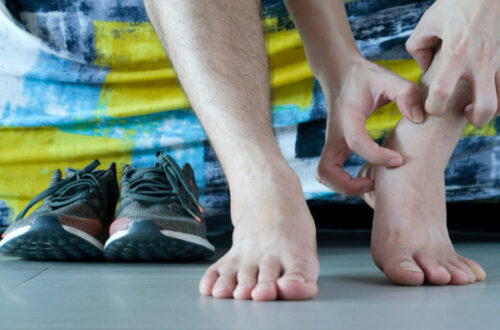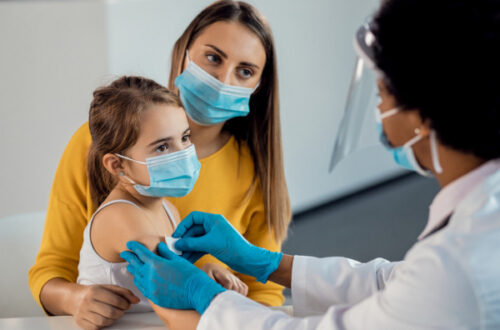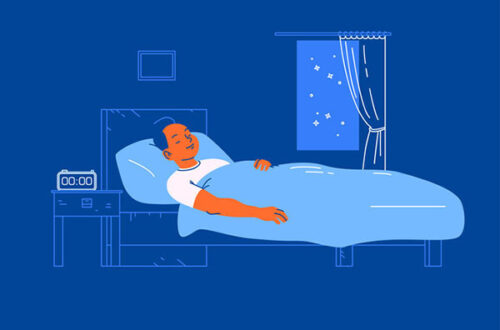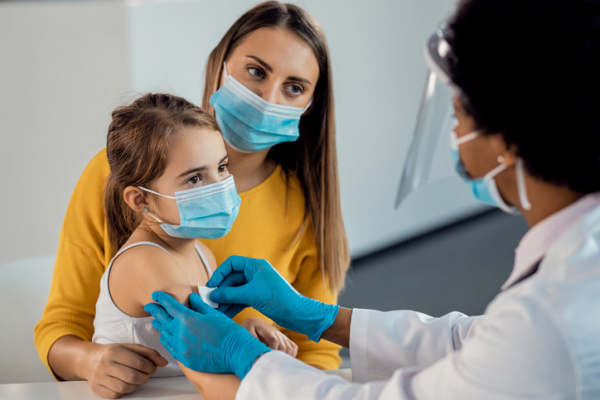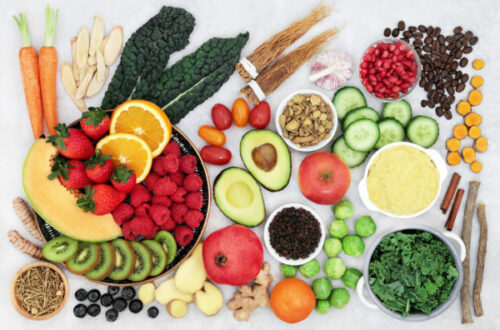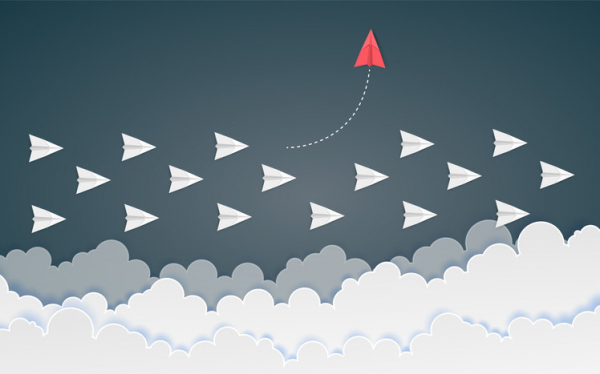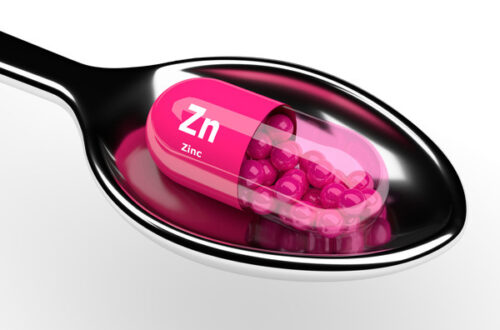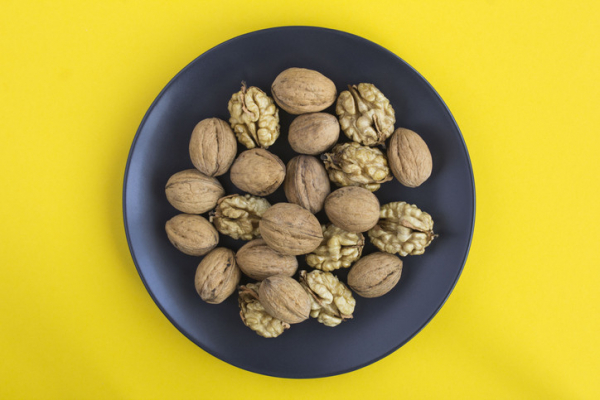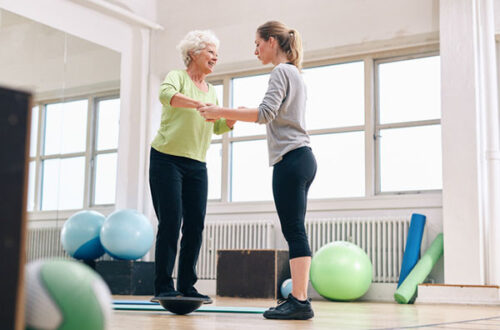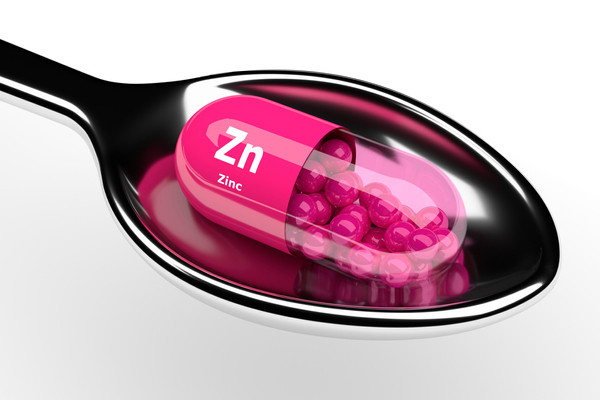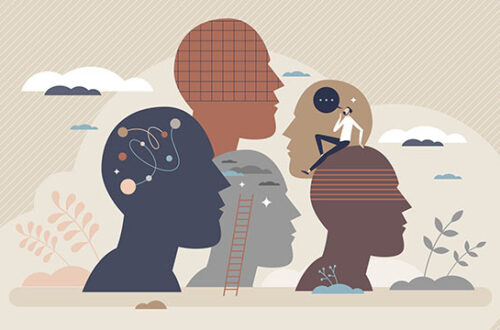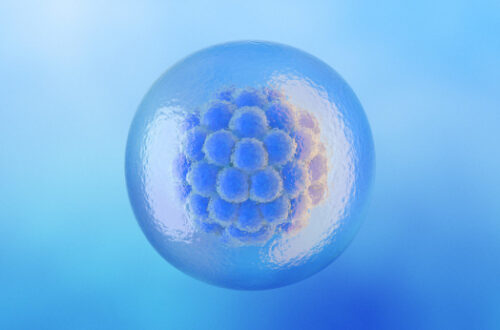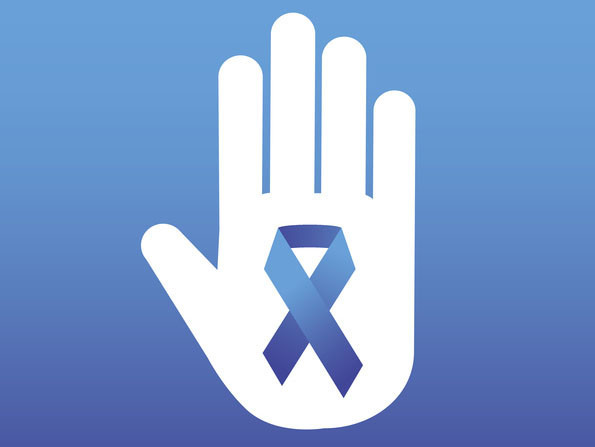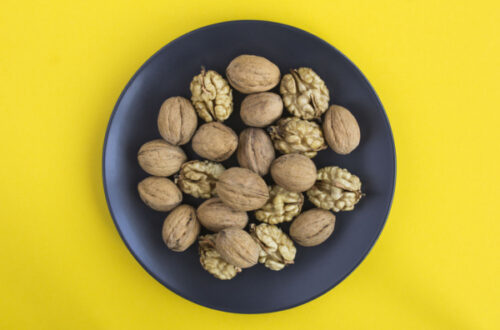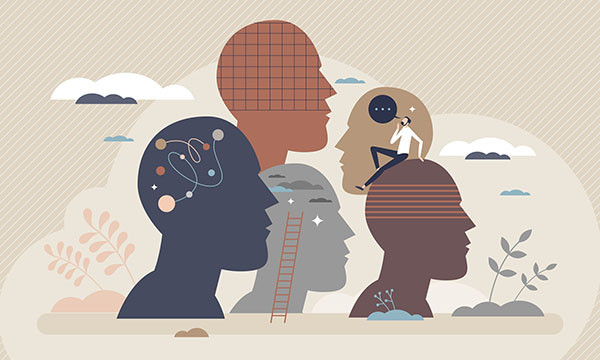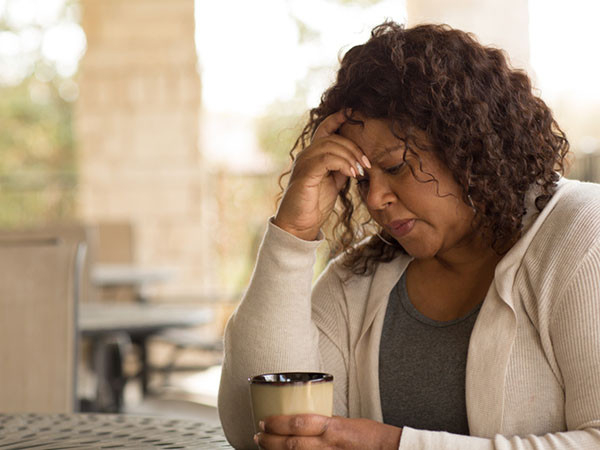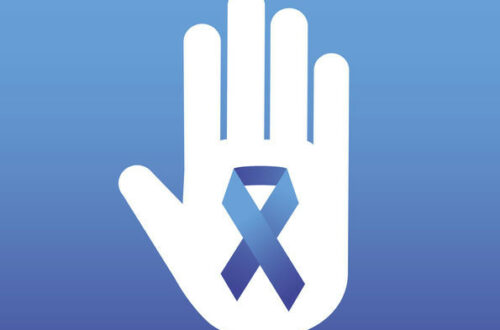-
Preventing preeclampsia may be as simple as taking an aspirin
Preeclampsia is a common and dangerous complication of pregnancy that causes high blood pressure and excess protein in urine. Typically, it occurs during the third trimester or very soon after birth, but there may be a simple way to help prevent it. If you’re pregnant, preeclampsia can cause kidney and liver abnormalities, blood clotting problems, headache, stroke, and even death. It makes it harder to deliver nutrients and oxygen to a growing fetus. And it’s linked to premature birth and low birthweight in babies. Yet a daily low-dose aspirin may help prevent many of these problems, according to a recent statement from the US Preventive Services Task Force (USPSTF). Who…
-
Wondering about COVID-19 vaccines for children 5 to 11?
Last week, the FDA authorized the Pfizer/BioNTech COVID vaccine for children ages 5 to 11. After conducting their own review, the CDC now recommends this vaccine for children in this age range, who can begin receiving their first dose within the week. While many families have been eagerly awaiting the opportunity for their children to be immunized, others are hesitant. And most parents have questions about how COVID-19 affects younger children, vaccine safety in this age range, and whether the benefits outweigh potential risks. As a pediatric infectious disease specialist, I hear certain questions crop up repeatedly. Here’s what we know so far. How does COVID-19 affect children in this…
-
How to get your child to put away toys
If you frequently find yourself stepping on a building block, tripping over a doll, or stumbling over a race car, then you know the challenges of getting younger children to put away their toys. Below are a few strategies to encourage children to clean up after themselves and keep the house tidy. Make specific and focused requests Asking your child to put many different things away all at the same time can leave room for children unintentionally to forget at least one of your requests — or intentionally skip a few. Make one specific request at a time, such as "Please put your blocks back in the bin on the…
-
What it takes to achieve world-changing scientific breakthroughs
In science, advances are a daily occurrence, but true breakthroughs are rare. What does it take to achieve world-changing scientific breakthroughs? Some are the result of a lucky accident, combined with curiosity: scientists traveling down one road suddenly find reason to veer onto another road, one they never planned to travel — a road that may well lead nowhere. Other major breakthroughs stem from scientists pursuing a very specific dream. One day, usually early in their career, they get an idea that they can’t stop thinking about. It’s crazy, they say to themselves, but is it really impossible? They talk to respected colleagues who often remind them of all the…
-
Walnuts: A worthy addition to your daily diet?
What can you add to a wide variety of foods, from cereals to salads, that’s crunchy, filling, and flavorful — and good for your heart? The answer is nuts. While all varieties of nuts are chock full of important nutrients, walnuts may be especially good for protecting cardiovascular health, according to a recent study in the journal Circulation that supports earlier research in this realm. What is the study? The Walnuts and Healthy Aging study is a randomized controlled trial supported by a grant from the California Walnut Commission that tracked healthy older adults living in two communities. For the study, researchers recruited 708 adults ages 63 to 79 living…
-
Time to stock up on zinc?
As if stubbornly high rates of COVID-19 aren’t giving us enough to worry about, welcome to cold and flu season! Yes, colds and influenza, two well-known upper respiratory infections, will soon be on the rise. Last year we saw remarkably low rates of flu. Many experts don’t think we’ll be so lucky this year. Think zinc? A new analysis reviewing available research suggests that over-the-counter zinc supplements could be one way to make cold and flu season a bit easier. Of course, this isn’t the first study to look into zinc as an antiviral remedy, including for COVID-19. But the results of past research have been mixed at best: some…
-
Caring for an aging parent? Tips for enjoying holiday meals
The holidays are supposed to be a time of joy and celebration, and the meal is a centerpiece of the occasion. But when you’re a caregiver for an aging parent, the joy can be overshadowed by stress. Whether you’re observing winter holidays — such as Hanukkah, Christmas, Kwanzaa, or New Year’s Eve — or holidays that fall during another time of year, take steps in advance to ensure that you and your loved one can enjoy the meal together with as little stress as possible. These tips can help. Consider the dining schedule Your mom or dad might normally eat at a different time than the planned holiday meal. If…
-
Acupuncture relieves prostatitis symptoms in study
Prostatitis gets little press, but it’s a common inflammatory condition that accounts for more than two million visits to doctors’ offices in the United States every year. Some cases are caused by bacteria that can be readily detected and treated with antibiotics. But more than 90% of the time, prostatitis symptoms (which can include painful urination and ejaculation, pelvic pain, and sexual dysfunction) have no obvious cause. This is called chronic nonbacterial prostatitis/chronic pelvic pain syndrome, or CP/CPPS. The treatments are varied. Doctors sometimes start with antibiotics if the condition was preceded by a urinary tract infection. They may also recommend anti-inflammatory painkillers, stress-reduction techniques, pelvic floor exercises, and sometimes…
-
What is neurodiversity?
Neurodiversity describes the idea that people experience and interact with the world around them in many different ways; there is no one “right” way of thinking, learning, and behaving, and differences are not viewed as deficits. The word neurodiversity refers to the diversity of all people, but it is often used in the context of autism spectrum disorder (ASD), as well as other neurological or developmental conditions such as ADHD or learning disabilities. The neurodiversity movement emerged during the 1990s, aiming to increase acceptance and inclusion of all people while embracing neurological differences. Through online platforms, more and more autistic people were able to connect and form a self-advocacy movement.…
-
Menopause and memory: Know the facts
By 2050, 13.8 million people in the US will likely have Alzheimer’s disease, and two-thirds will be women. The economic cost is staggering, as it is estimated to rise to more than $2 trillion. Women are at the epicenter of this because the economic threat is especially dire for women, given they are an increasingly powerful element of our global economy and the vast majority of unpaid caregivers. Thus, maintaining intact memory starting early in midlife with the transition to menopause is critical not only for women themselves, but also for their families, society, and our economic health. Preventing memory decline starts in early midlife The decline in cognitive ability…

